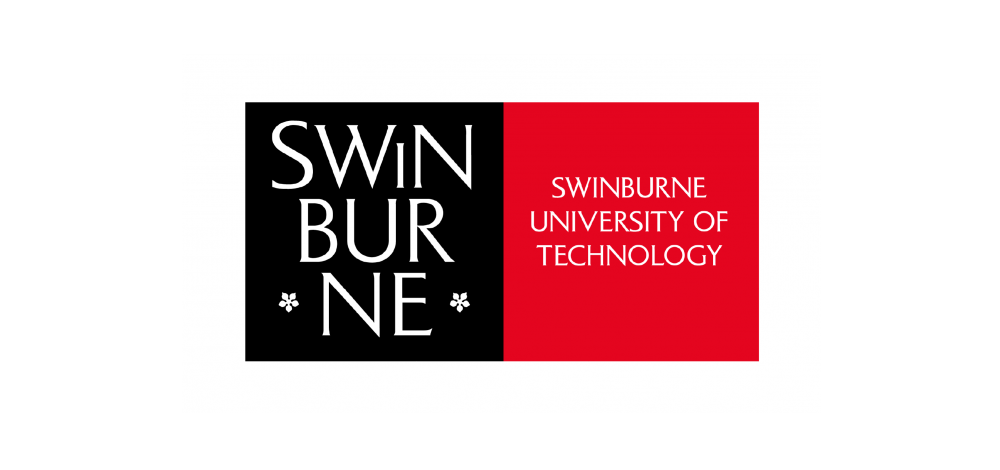
Swinburne’s Centre for the New Workforce has released a paper that investigates the current skills gap in Australia, though a coronavirus (COVID-19) lens. Authored by Dr Ben Hamer, Adjunct Industry Fellow, Centre for the New Workforce and Dr Timothy Bednall, Senior Lecturer at Swinburne, the paper explores our rapidly transforming workforce, and how we can address the gap between required skills and those of our workforce as we prepare for a world post-COVID-19. Read the full report here.
Excerpts from the report
Mind the gap
We know that many jobs are undergoing major changes because of automation, digitization or augmentation. These shifts have resulted in a gap between the skills needed by employers and the skills available in the labour market. The skills gap has only widened as a result of the unprecedented disruption caused by the COVID-19 outbreak.
The disruption from the COVID-19 outbreak is likely to have a significant impact on the world economy. Yet, the present situation also provides an opportunity to envisage what a post-coronavirus world could look like, beyond a return to “business as usual” approach.
The impact of COVID-19
The global skills landscape has been flipped on its head with COVID-19. There has been mass labour market displacement with job losses predicted to far exceed the Global Financial Crisis, and unemployment forecasted to be at its highest since the Great Depression. Many organisations have been forced to stand down staff while others have become insolvent. However, it has also seen the emergence of new business models. The local café now sells gourmet ingredients, businesses have ramped up their online presence including gyms offering virtual classes, drones are out walking dogs, classes are being taught on cloud-based collaboration platforms, and there has been a significant uptake in telehealth and other virtual healthcare delivery models. Irrespective of whether there be challenge or opportunity, it nods to a looming and significant skills shortage and a huge mindset shift.






